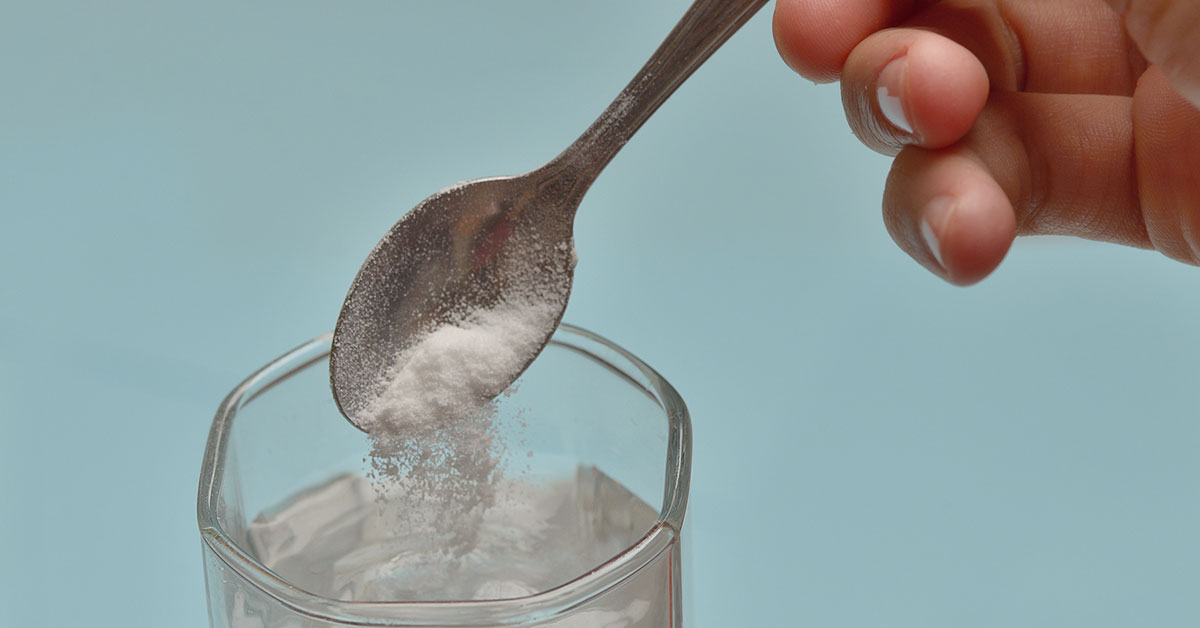An apple a day may keep the doctor away… but a new study also indicates that some baking soda each day may keep the arthritis at bay.
Baking soda is often touted for its many uses, ranging from household cleaning to dental care and more.
Now, treating rheumatoid arthritis (RA) may be added to its ever-growing list of purposes.
For your overall health, it’s important to maintain a proper pH balance in your body. An environment that’s too alkaline or too acidic can result in a wide array of health problems and negative physical symptoms.
Experts say baking soda can help alkalize a highly acidic environment in your body. Many holistic and naturopathic doctors, as well as nutritionists, health coaches, and dietitians tout the idea that an alkaline body environment is better than an acidic one.
While that’s true in general, it’s still important to note that being too acidic or too alkaline can result in medical concerns.
In April 2018, the Journal of Immunology medical journal published a study that concluded that drinking water mixed with baking soda could possibly reduce the chances of getting inflammatory conditions.
Paul O’Connor, PhD, an associate professor and director of the physiology graduate program at Augusta University in Georgia, was the lead author on the study.
Dr. Connor introduced baking soda to two cases of test subjects. These tests subjects included both healthy humans and rats. Dr. Connor also introduced six human controls.
After two weeks of drinking the baking soda and water mixture, scientists found that their immune cells (macrophages) appeared to change jobs.
Researchers said that the macrophages began to focus on reducing inflammation instead of promoting it.
Essentially, the baking soda acted as a way to naturally stimulate or “turn on” the macrophages’ anti-inflammatory response. Chronic conditions such as rheumatoid arthritis could benefit from these anti-inflammatory properties.
How baking soda works
Baking soda — also known as sodium bicarbonate — appears to tell the body to calm down its autoimmune response. Instead, it helps to strengthen the anti-inflammatory response.
So, cells from the spleen and stomach can tell a faulty immune system that there’s likely no need to turn itself on, only to attack. The baking soda seemed to alert macrophages and mesothelial cells that the body wasn’t under actual attack.
Researchers noted a shift in healthy human subjects from autoimmune and inflammatory actions to anti-inflammatory ones in the stomach, spleen, kidney, and peripheral blood.
The shifting landscape is likely due to an increased conversion of proinflammatory cells to anti-inflammatory, plus the production of more anti-inflammatory macrophages and a shift in regulatory T cells.











